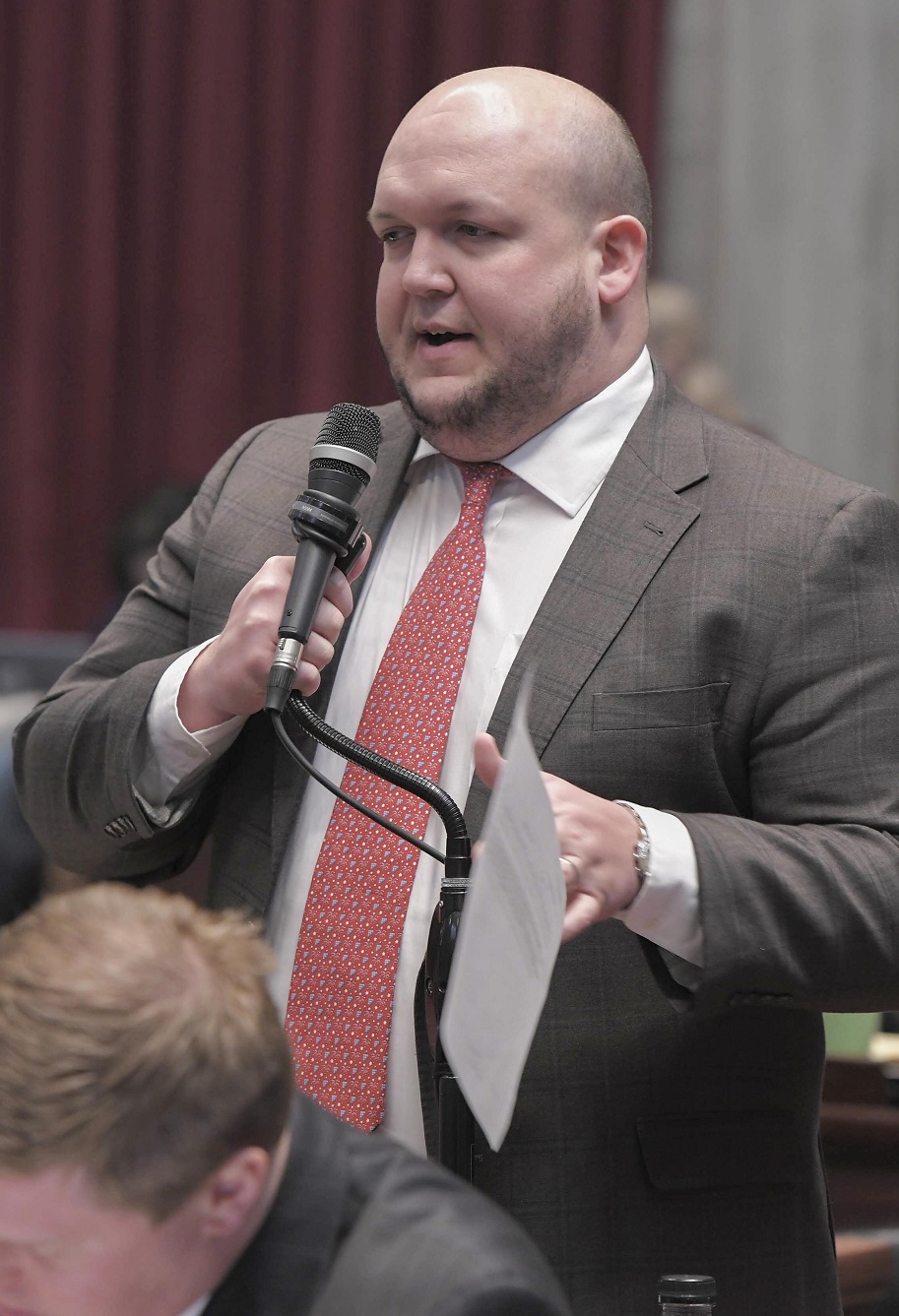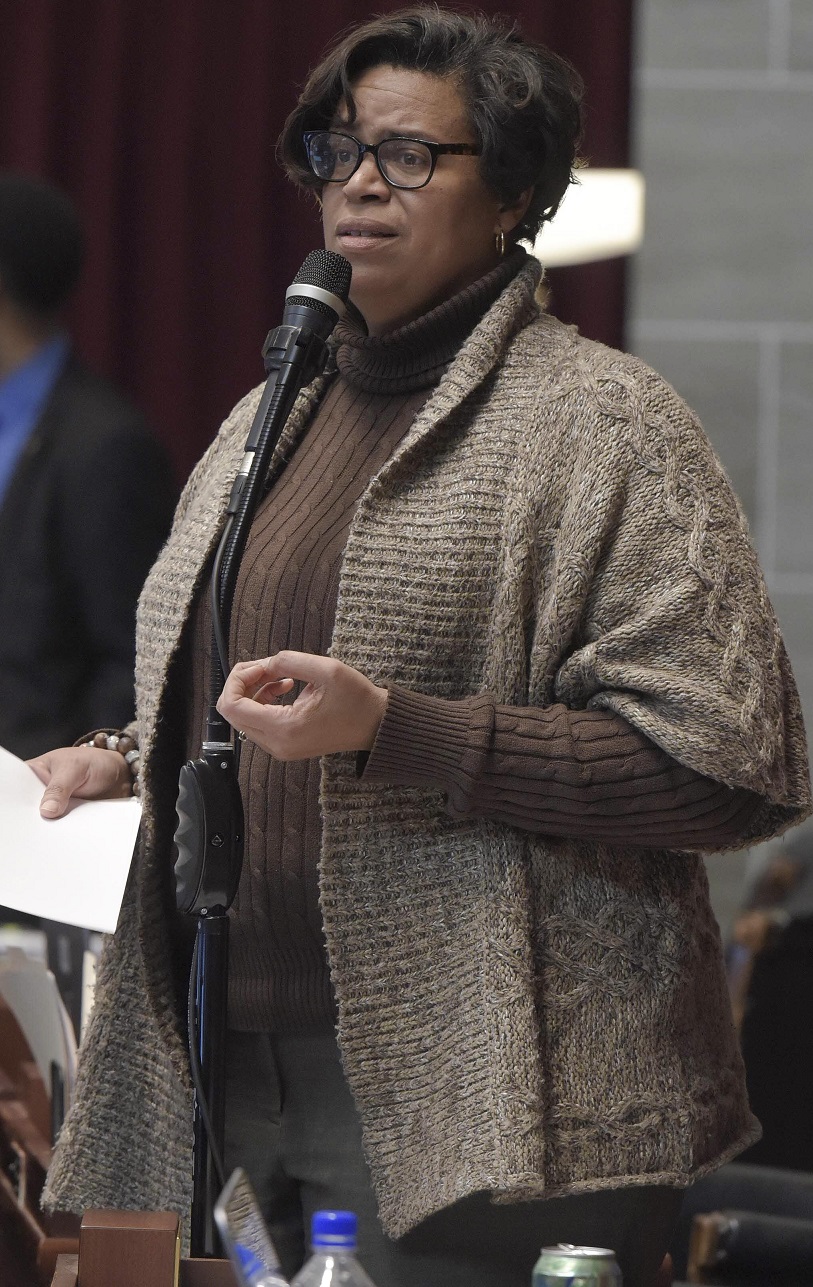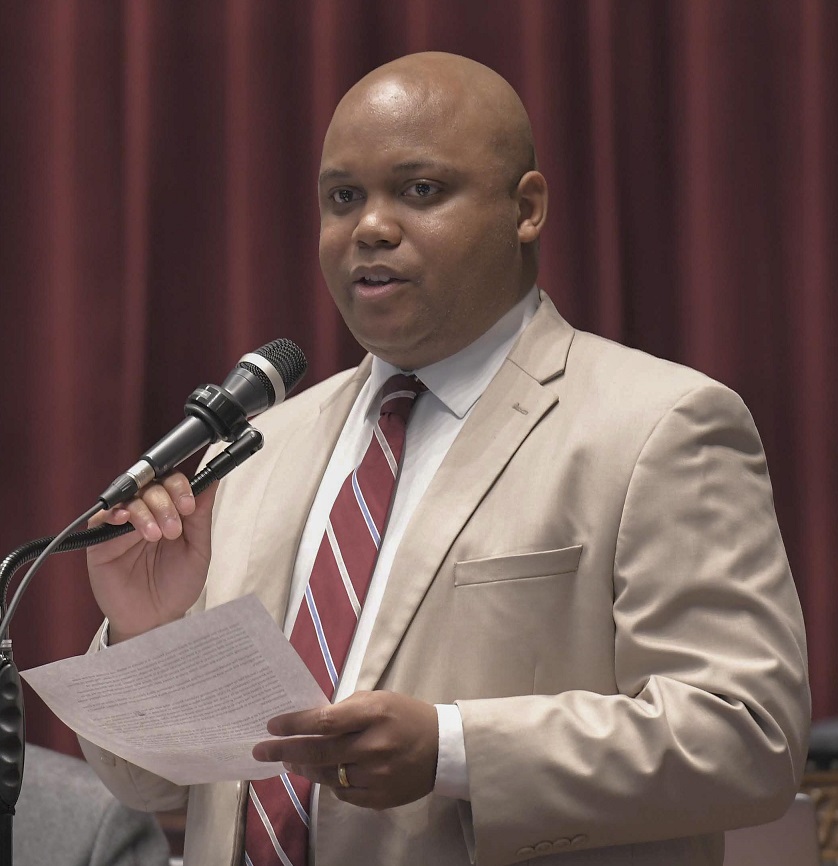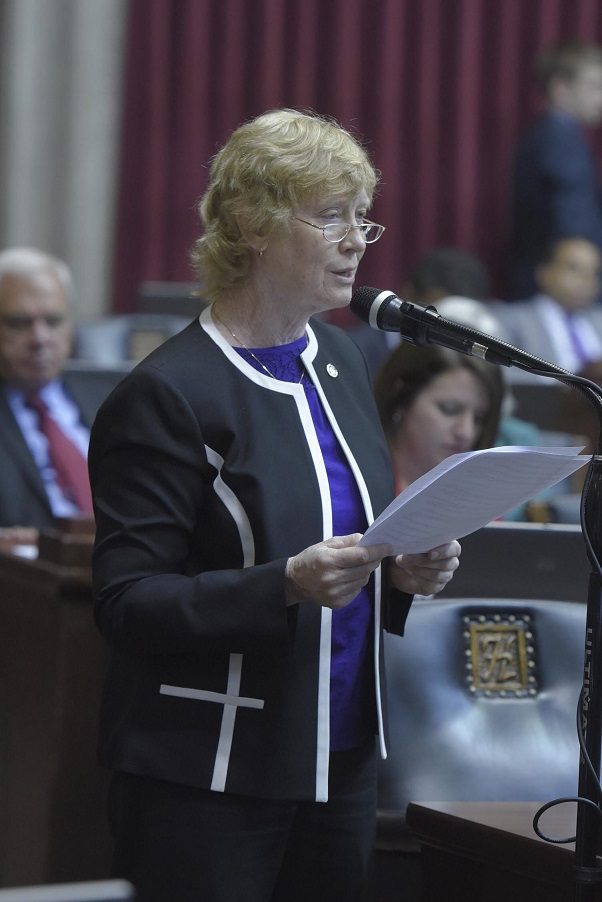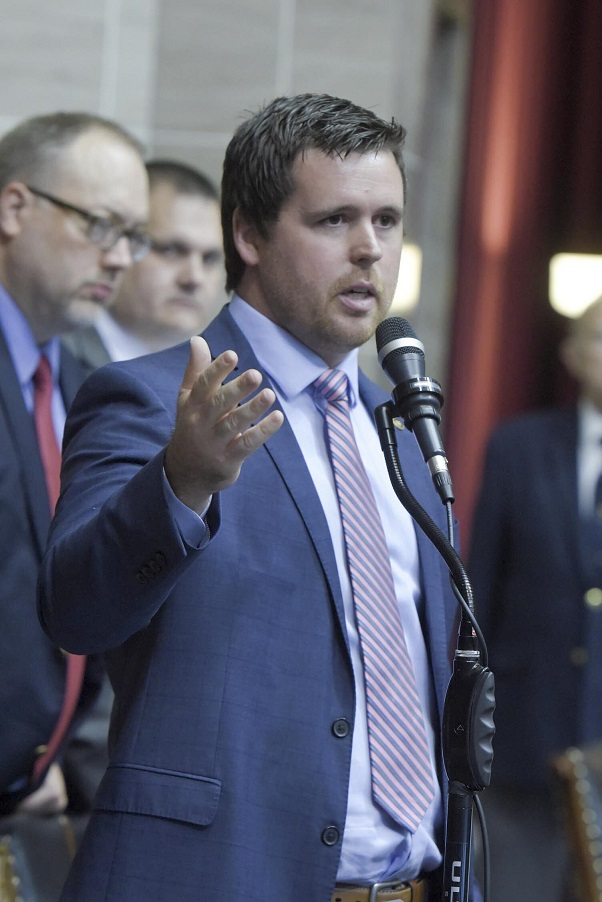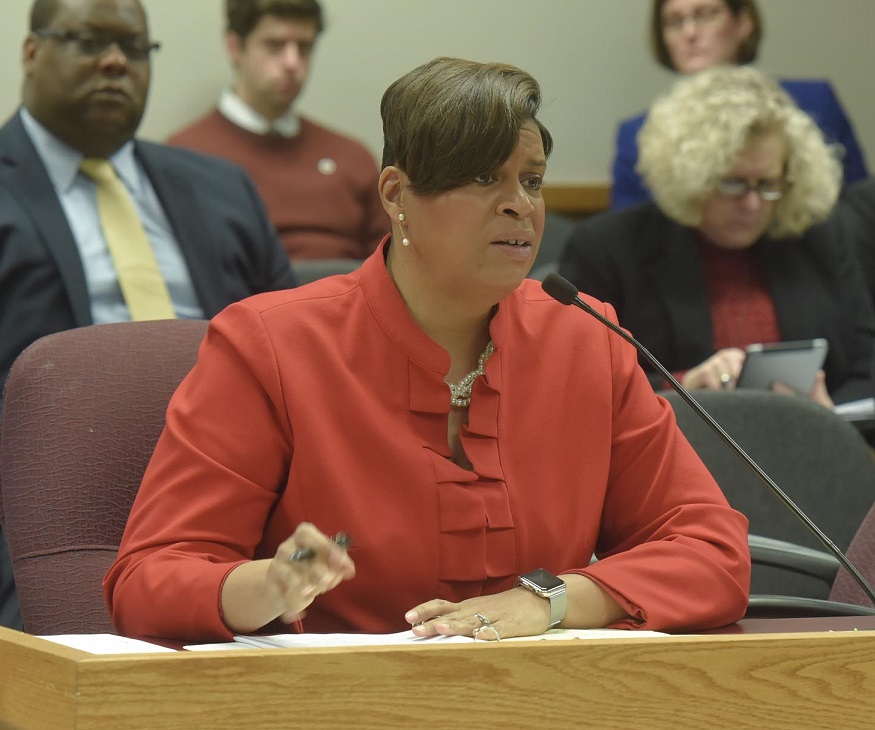Legislation aimed at decreasing regulation of Missouri businesses has been approved by the General Assembly.
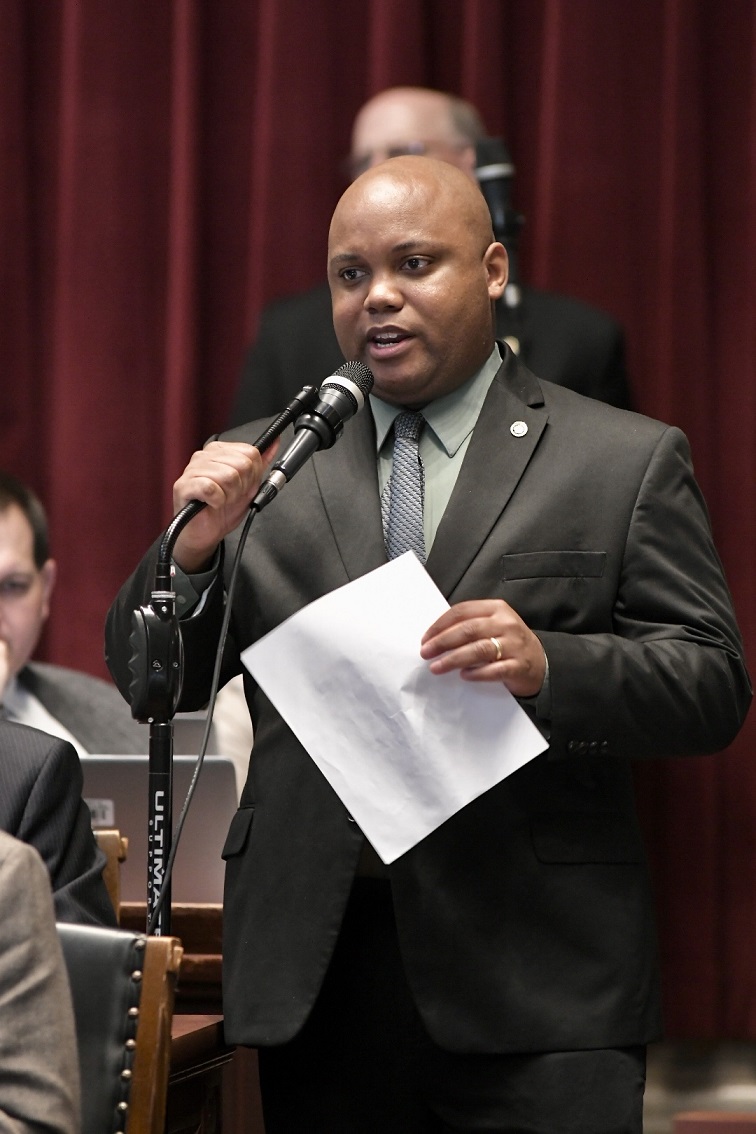
The state House voted Tuesday for the final passage of House Bill 1500, which started off as a bill to ease regulations of hair braiders, but added to it is language that will make the state think twice about imposing regulations on new professions.
In order to charge for braiding someone’s hair in Missouri a person must undergo 1,500 hours of training to obtain a cosmetology license. The sponsor of HB 1500, Ballwin Republican Shamed Dogan, said that training does not cover hair braiding. Dogan said that’s overly burdensome on people who often learn braiding as a practice handed down by family through generations.
Critics of an earlier version of HB 1500 said they were concerned hair braiders whose training was not extensive enough could pose health risks, including that they would not be able to recognize diseases involving the scalp and could spread those conditions.
HB 1500 now requires that a hair braider watch a four-hour video on health and safety. House Democrat Leader Gail McCann Beatty (D-Kansas City) said she would have liked more hours to be required, but is glad that is a requirement and not optional, as it was under an earlier version of the bill.
“I think the definition of a good bill is one that no one is totally happy with,” said McCann Beatty.
The Senate added to House Bill 1500 the language of House Bill 1928, sponsored by Yukon Republican Robert Ross, which aims to discourage unnecessary state regulation of businesses. The bill also lays out what considerations must be made before a regulation is imposed.

“This bill will require that we look through and actually quantify the risk that is going to exist to the public in the operation of this unlicensed profession and why we, as a state, would need to step in and regulate that,” said Ross. “It also states that … if we’re going to impose regulation on this that we should start with the least restrictive form of regulation, and then based on that risk to the public, then move that up.”
“That will fulfill the promise that many of us – most of us – have made, to reduce regulations,” said Representative Keith Frederick (R-Rolla) of Ross’ language, “and the best way to reduce them is don’t put them in place in the first place unless they’re really essential.”
Kansas City Republican Kevin Corlew encouraged his colleagues to vote for HB 1500 as it returned from the Senate.
With the House’s 137-11 vote on Tuesday the legislation is now ready to be delivered to Missouri’s governor.




